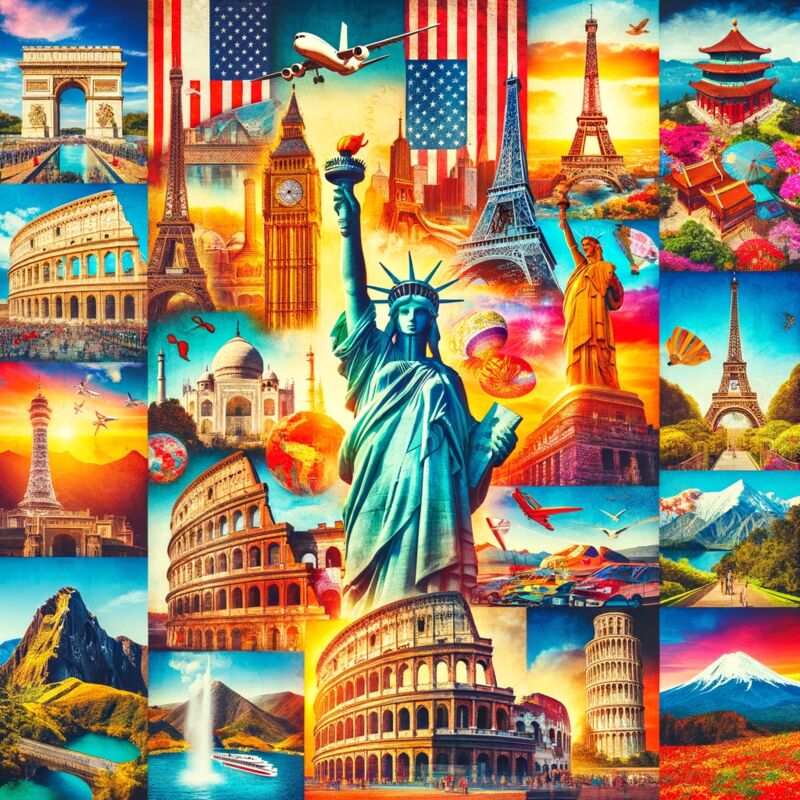Essential Travel Information: Philippines
Planning a trip to the Philippines can be an exciting adventure full of diverse cultures, stunning landscapes, and vibrant city life. Ensure a smooth experience with these curated travel tips and key facts.
Basic Country Facts
Location: Southeast Asia, an archipelago between the Philippine Sea and the South China Sea, east of Vietnam.
Capital: Manila
Official Language: Filipino (based on Tagalog) and English
Currency: Philippine Peso (PHP)
Entry Requirements and Visas
Citizens from most countries can enter the Philippines without a visa for a period of up to 30 days, provided they have a valid passport and return or onward ticket. Visa extensions can be obtained from the Bureau of Immigration within the Philippines if you wish to stay longer.
Health and Safety
- Vaccinations for Typhoid, Hepatitis A and B, and Yellow Fever (if coming from an endemic area) are recommended.
- Be cautious with tap water; it's advisable to drink bottled or purified water.
- Be mindful of tropical diseases such as dengue fever and malaria, especially when traveling to rural areas.
Transportation
- Domestic Flights: An efficient way to hop between islands.
- Ferries: A more scenic and economical option, but schedules can be affected by weather conditions.
- Taxis and Ride-Hailing Apps: Widely available in cities; always agree on a fare or ensure the meter is used to avoid overcharging.
- Jeepneys and Tricycles: Traditional modes of transport, ideal for short distances.
Accommodation
Options range from budget hostels to luxury resorts. Booking in advance is recommended, especially during peak travel seasons (December, Holy Week, and summer months from March to May).
Climate and Best Time to Visit
The Philippines has a tropical maritime climate with a wet season (June to November) and a dry season (December to May). The best time to visit is during the cooler part of the dry season, from December to February.
Connectivity and Communication
- Wi-Fi is readily available in hotels, cafes, and malls.
- Local SIM cards can be purchased at the airport or convenience stores for wider coverage.
Currency and Money Matters
ATMs are widely available in cities but less so in remote areas. Credit cards are accepted in most hotels, restaurants, and shops, but small businesses may only accept cash.
Traveler's tip: Always carry a small amount of cash for daily expenses.
Cultural Etiquette
Filipinos are known for their hospitality. When interacting, common courtesy and a friendly demeanor go a long way.
Be respectful of local customs and dress modestly when visiting religious sites.
Emergency Numbers
For immediate assistance:
Police: 117
Fire: 117
Medical: Dial the nearest hospital, as there is no universal number for medical emergencies.
Travel Tips
- Be mindful of the tropical climate; pack lightweight and breathable clothing.
- Stay hydrated and use sunscreen regularly.
- Respect nature and local wildlife; practice responsible tourism.
Language Tips
While English is widely spoken, learning a few basic phrases in Filipino can enhance your travel experience:
- Mabuhay! - Welcome!
- Salamat po - Thank you.
- Magkano? - How much?
- Paumanhin - Excuse me.







